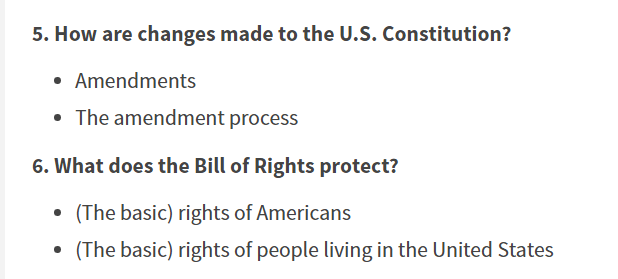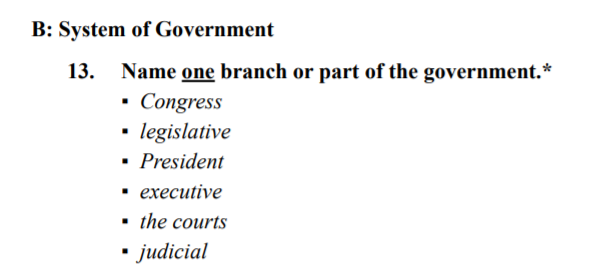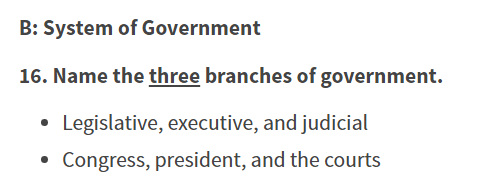
New! DHS is proposing to expand its decades-long attempt to create a biometric entry/exit data system for international travelers.
The regulation would end the current pilot programs and allow CBP to collect biometrics at any point of departure.
Read: public-inspection.federalregister.gov/2020-24707.pdf
The regulation would end the current pilot programs and allow CBP to collect biometrics at any point of departure.
Read: public-inspection.federalregister.gov/2020-24707.pdf

Notably, DHS has been working to implement a biometric entry/exit system since Congress told them to do it in 1996.
The biometric entry portion of the system was implemented in 2006. They've been struggling for years to get the biometric exit part done.
fas.org/sgp/crs/misc/I…
The biometric entry portion of the system was implemented in 2006. They've been struggling for years to get the biometric exit part done.
fas.org/sgp/crs/misc/I…

Although the concept of a biometric entry/exit system is not new to the Trump administration, the civil liberties issues remain serious.
For example, a CBP pilot program of facial recognition systems for biometric exit checks led to a major data breach. nextgov.com/cybersecurity/…
For example, a CBP pilot program of facial recognition systems for biometric exit checks led to a major data breach. nextgov.com/cybersecurity/…
In order to implement a biometric exit system, @CBP has settled on facial recognition at airports, with cameras taking pictures of everyone who steps onto a plane leaving the US.
They propose to delete pictures of US citizens taken this way. I have my doubts, though.
They propose to delete pictures of US citizens taken this way. I have my doubts, though.

From a civil liberties standpoint, I have major concerns about the US government running facial recognition software on what they estimate will be 63 million US citizens a year by 2024, along with 81 million noncitizens—even if they do manage to delete all citizens' pictures. 

As with every major DHS rule under the Trump administration, they've given only a 30 day comment period, despite multiple Executive Orders and regulations that say that in all normal cases, major rules should give the public 60 days to comment.
Comments will be due by 12/21/20.
Comments will be due by 12/21/20.
• • •
Missing some Tweet in this thread? You can try to
force a refresh













